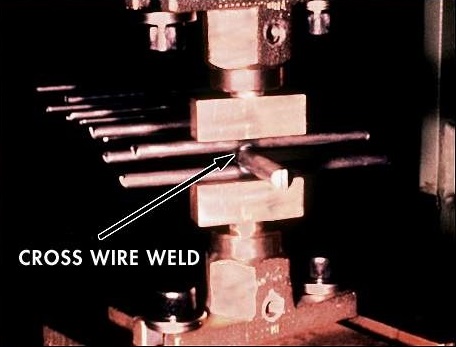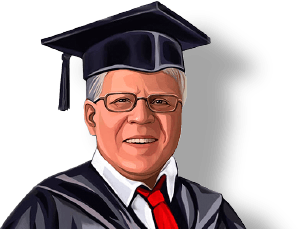Resistance spot welding of copper is possible but requires great care due to its high conductivity. Projection welding eliminates some of the issues by concentrating the current in a small area which concentrates the heating. This may help. The electrode can spread the current input over a large surface area not just the weld area. This makes it an easier job for the electrode. In this application of a copper cylinder beingprojecton welded to a copper plate a grove to match the cylinder can be cut in the upper electrode. Current can flow into the part the full length. The cylinder is only going to mate with a cross projection in a small portion of that length where heat will be briefly generated between the cylinder and the plate at the projection/point contact.
The electrode on the plate side should also be a large flat surface electrode to serve the same function. The heat by design will concentrate at the projection in the plate.

For a spot welding the electrode material should be RWMA Class 13 or 14. For this projection welding application RWMA Class 2 is probably sufficient. If mechanical wear is too much try RWMA Class 3. Both Class 2 and 3 are are more available and economical than Class 13 and 14.
The real issue in this process may be that the cylinder and projection are likely going to collapse. Is that an issue??
An alternate process is a resistance braze. The joint is made with the addition a small amount of braze material in the joint area. Resistance heating is used to heat the joint area up to melt the braze alloy and resolidify at a force that would not collapse the cylinder.
Reference: RWMA – Resistance Welding Manual 4th Edition
AWS C1.1 Recommended Practices for Resistance Welding
CMW Resistance Welding Products Catalog “Electrode Materials For Spot Welding”

